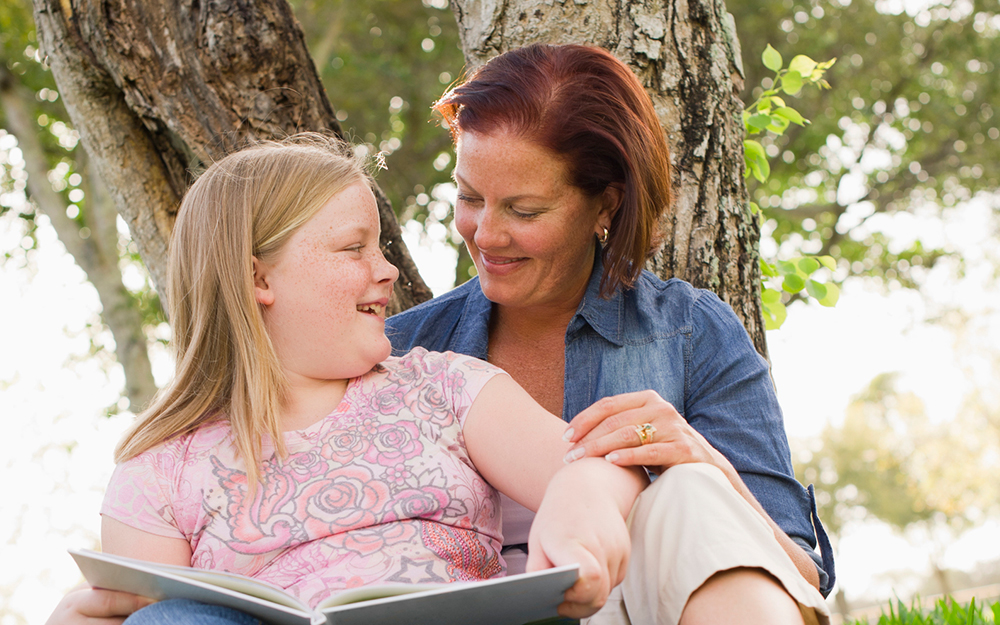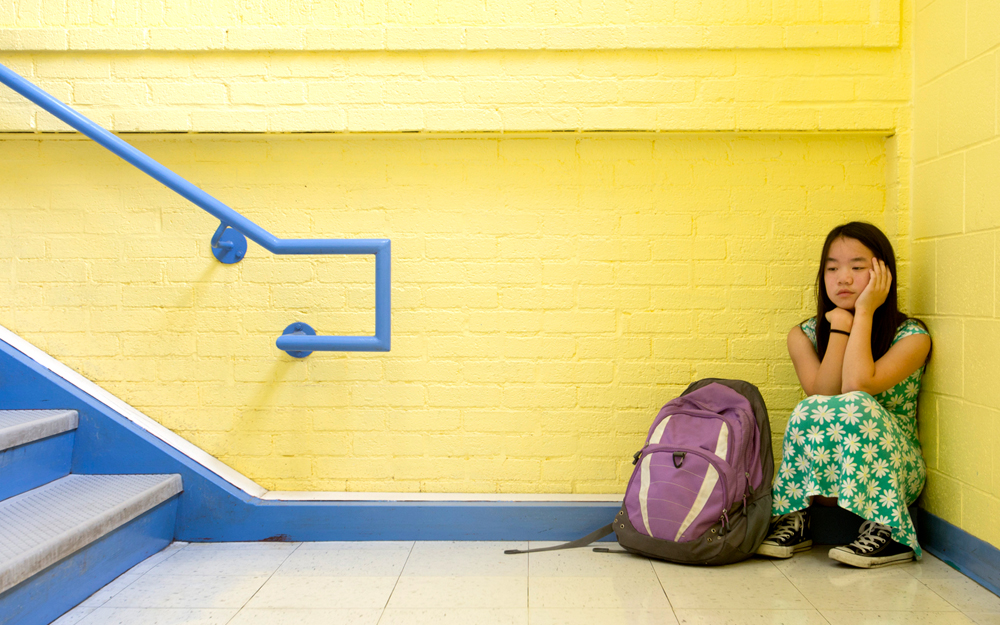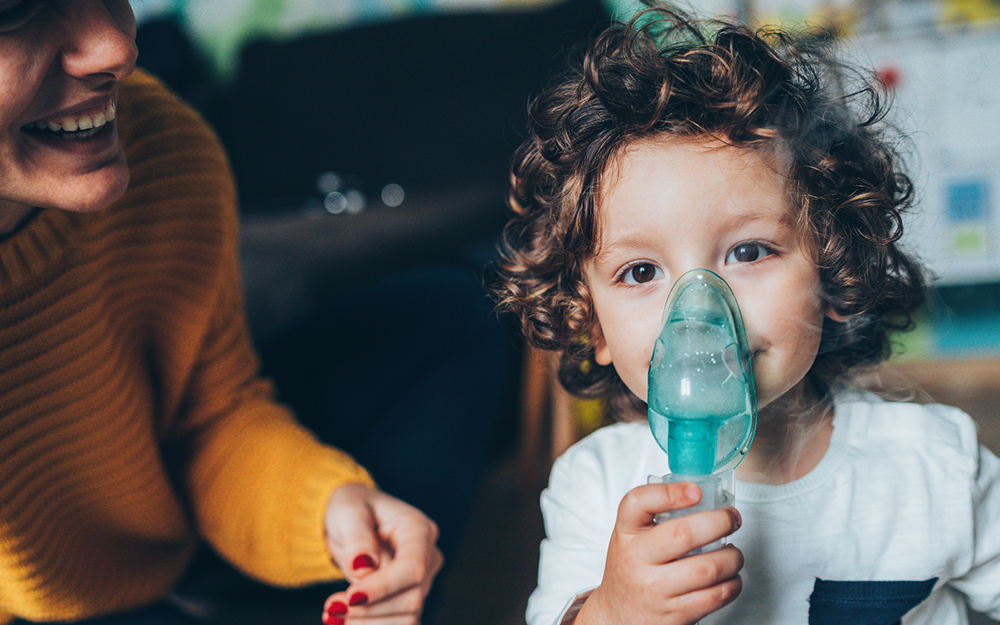How to Help Your Teen Get More Sleep
Date
June 12, 2024

Date
June 12, 2024
Credits
Medical providers featured in this article



In Brief
{{cta-block}}
When the rest of the family starts to get sleepy around 8 p.m., it’s likely the night still feels young to teens in the house.
There’s a biological reason why. During adolescence, the body’s sleep-wake cycle (called the circadian rhythm) naturally skews later. Puberty pushes back the nightly release of the sleep hormone melatonin by around one to three hours, keeping teenagers awake later and groggy for longer the next morning.
While sleep has always been harder to come by at this age, the problem is getting worse. About 80% of U.S. 13-to-18-year-olds are sleep-deficient, according to the National Sleep Foundation, and just 30% believe they’re getting quality rest.
Experts caution that the teen sleep deprivation epidemic is tougher on young bodies and minds than most people realize.
“Sleep is restorative,” said Michelle Escovedo, MD, a Cedars-Sinai Guerin Children’s adolescent medicine specialist. “It’s crucial for anybody, but especially when you’re going through such a significant developmental period in your life.”
{{providers}}
Sleep Crisis
Adolescents need about 8 to 10 hours of sleep each night, a couple more than mature adults.
The biggest roadblock, according to sleep medicine specialists, is round-the-clock access to technology.
Today’s students study and complete assignments on laptops or tablets. Friends and crushes are a text or tap of the screen away at any time. It’s easy to lose track of time scrolling social media.
Most teens don’t put electronic devices away before bed, according to the National Sleep Foundation. As a result, the bright blue light interferes with rest, sending signals to the brain that it’s daytime, no matter the hour.
And middle and high school schedules are largely out of sync with teens’ sleeping patterns.
“Teenagers’ brains are more active later into the night, but school start times haven’t really changed much over the years,” said Jiyeon Seo, MD, a Cedars-Sinai pulmonologist specializing in sleep medicine. “That’s leading to constant sleep deprivation, and weekends aren’t enough for them to catch up.”
Some students also have increasingly demanding course loads and pressure to participate in extracurricular activities to be competitive for colleges. That scrambles their schedules even more, added Cedars-Sinai sleep specialist Oragun Rojanapairat, MD.
Risky Behavior
The youth mental health crisis is another complication. After the instability of the COVID-19 pandemic, the Centers for Disease Control and Prevention (CDC) noted almost one-third of U.S. high school students in 2021 dealt with poor mental health.
“Sleep and mental health are tightly intertwined,” Rojanapairat explained.
In teens, sleep distress raises the likelihood of moderate-to-severe depression symptoms more than fivefold.
Poor sleep during adolescence—a key time for emotional growth—often impairs concentration, limiting academic potential, and it can lead to lower self-esteem and impulsiveness. Teens might go through mood swings, binge drink, use drugs or engage in risky sex.
“If you're chronically sleep-deprived and not thinking clearly, you’re going to make more mistakes,” Escovedo stressed. “It can be dangerous.”
For example, young people who drive while drowsy—or get six or fewer hours of nightly sleep—are much more likely to suffer car accidents and injuries.
Sleep deprivation is also tied to obesity and Type 2 diabetes, according to the CDC, and can disrupt brain development and recall just as youths are getting started in life. The warning signs are typically subtle. But experts suggest keeping an eye on whether your teenagers are unusually irritable, not behaving like themselves or starting to fall behind at school.
Tired kids also frequently complain of physical symptoms such as headaches that could improve with just a little more shut-eye, Escovedo said.
A Recipe for Calm
“The solution isn’t some magical pill,” Escovedo emphasized. “It’s doing the things you need to take care of yourself.”
Specialists recommend sleep hygiene for teens, including:
- Maintaining a consistent daily sleep schedule, with the same bedtime and wake-up times, even on the weekends.
- Cutting off electronics (such as phones, video games, TVs and computers) about two hours before bed.
- Avoiding caffeine in the evenings and late-night snacks.
- Using your bed solely for sleep (not homework or phone time).
- Limiting light and noise exposure in the evening, then sleeping in a dark, quiet room. Try building a wind-down routine, Seo suggests. You could play soothing music, listen to a mindful meditation or read something light. The idea is to cultivate a peaceful environment to drift off.
Health officials encourage parents to set an example for teens by prioritizing rest, with limits on media exposure and reasonable, parent-directed bedtimes for the entire family.
“If you're chronically sleep-deprived and not thinking clearly, you’re going to make more mistakes. It can be dangerous."
What About Sleep Aids?
Escovedo commonly sees teens using marijuana to self-medicate for anxiety, believing they need it to fall asleep. But sleep specialists discourage the habit because it hasn’t been studied for this purpose or age group.
“We don't have enough data to know what that does to someone who’s still growing,” Rojanapairat explained.
In contrast, she added, melatonin supplements might benefit some children, including those who have certain developmental or circadian rhythm problems. Even so, these products aren’t regulated, so doses vary and could be inaccurately labeled. Before taking any melatonin supplements, parents should first talk with their child’s pediatrician.
Experts emphasize caution with all sleep medications and recommend starting with sleep hygiene. If insomnia continues or worsens, follow up with a pediatrician for a referral to a sleep medicine specialist.
There could be an underlying mental health condition or sleep disorder such as sleep apnea.
The key is to explore why a teen isn’t sleeping, Escovedo said.
“What else is going on in their life?”





